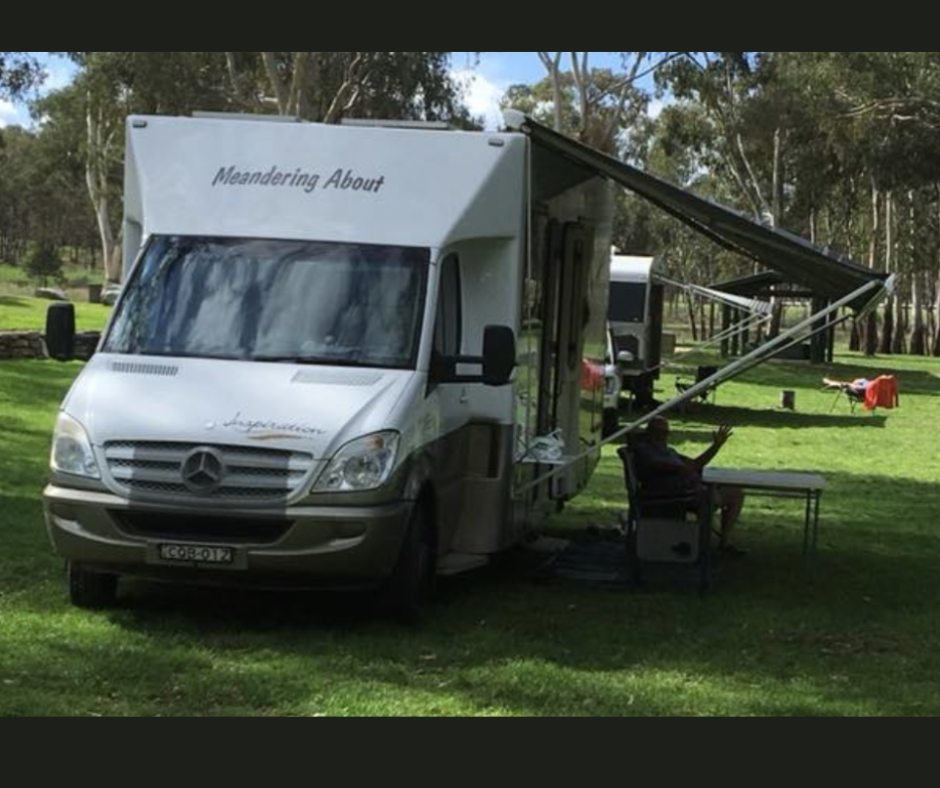In the last two articles, I discussed shares and property. In this one, I will talk about the other investments – cash, bonds and alternative investments and the pros and cons of investing in them.
Alternative investments
Let’s start with alternative investments. This often includes things like hedge funds, commodities like gold and silver, cryptocurrencies, and collectibles like art, cars, wine, or whiskey. Sometimes super funds will hold property and treat the rent as an alternative income.
While alternative investments can provide good long-term returns, the emphasis is on the word can and the fact it is long-term. Hedge funds aim to outperform the market, but a study in the US showed that 90% of US hedge funds didn’t beat the index after fees and charges.
Gold and silver have a use both in jewellery and technology, so at least there is demand beyond as a store of wealth. Cryptocurrency, in my opinion, has no value beyond hoping someone else will pay more for it later on. It doesn’t earn anything, it is environmentally unfriendly, and as we have seen recently exchanges can go bust and you can lose it all.
Collectibles as an investment are interesting, as you are essentially buying them with the hope that someone else will pay more for them later on. These can be good long-term investments, but they don’t produce any income along the way.

Cash/Term deposits
“Cash is king” is often a phrase used when markets are falling. The reason people say this is because its value doesn’t decrease. However, there are two really big downsides to holding cash or term deposits. Firstly, the income or interest you get from it is low. Secondly, its value decreases each year due to inflation. Death by a thousand cuts.
However, it has its place. Holding money in cash or term deposits is great for when you want to ensure money is available to meet future expenses i.e. those in the next 2-4 years depending on your individual circumstances.
Bonds/Fixed Interest
Bonds (also known as fixed interest) is when governments or corporations borrow money. They have a fixed interest rate and guarantee to give you the money back at the end of the period. Usually, the terms are between 2 and 20 years.
Bonds generally have lower volatility than shares or property but provide higher returns than cash or term deposits.
While the main downside is they can only be purchased in large lots and it is hard to diversify across different Governments/companies, this can be overcome by investing in funds that hold a wide range of bonds.
As bonds do fluctuate more than cash, I generally don’t recommend people invest in bonds if they require access to the money in the next 1-2 years. Likewise, if your investment timeframe is greater than 5 years, it may not be wise to have any bonds due to the lower returns.
Summary
Shares, property, bonds, cash and alternative investments can all have a place in your investment portfolio, but not everyone will need to have all of them all of the time.
To help pull together your investment plan, book a chat via the button below or alternatively call 0417 034 252 or email office@constructwealth.com.au.
About the Author
Phil Harvey is an independent financial adviser. In 2017 Phil set up his company Construct Wealth to help clients best manage their finances so they focus on what is important to them. He is a founding member of the Profession of Independent Financial Advisers and a tax financial adviser, registered with the Tax Practitioners Board.
General Advice Warning
This advice contains general information. It may not be suitable to you because it does not consider your personal circumstances. Phil Harvey and Construct Wealth are authorised representatives of Independent Financial Advisers Australia (AFSL 464629)
See related articles
Investing in a volatile market
Continuing to invest when it looks like the market is falling is not easy. Mostly because our inner voice tells us not to buy something when there [...]
Are you doing everything needed to create financial independence?
One of the first things we do with clients is get a picture of where they are. There are 10 key areas we believe are critical to [...]
Investing – what the future holds
On the way home from rugby training last week, I had an interesting conversation with my 13-year-old. It all stemmed from a simple question. When do you [...]



